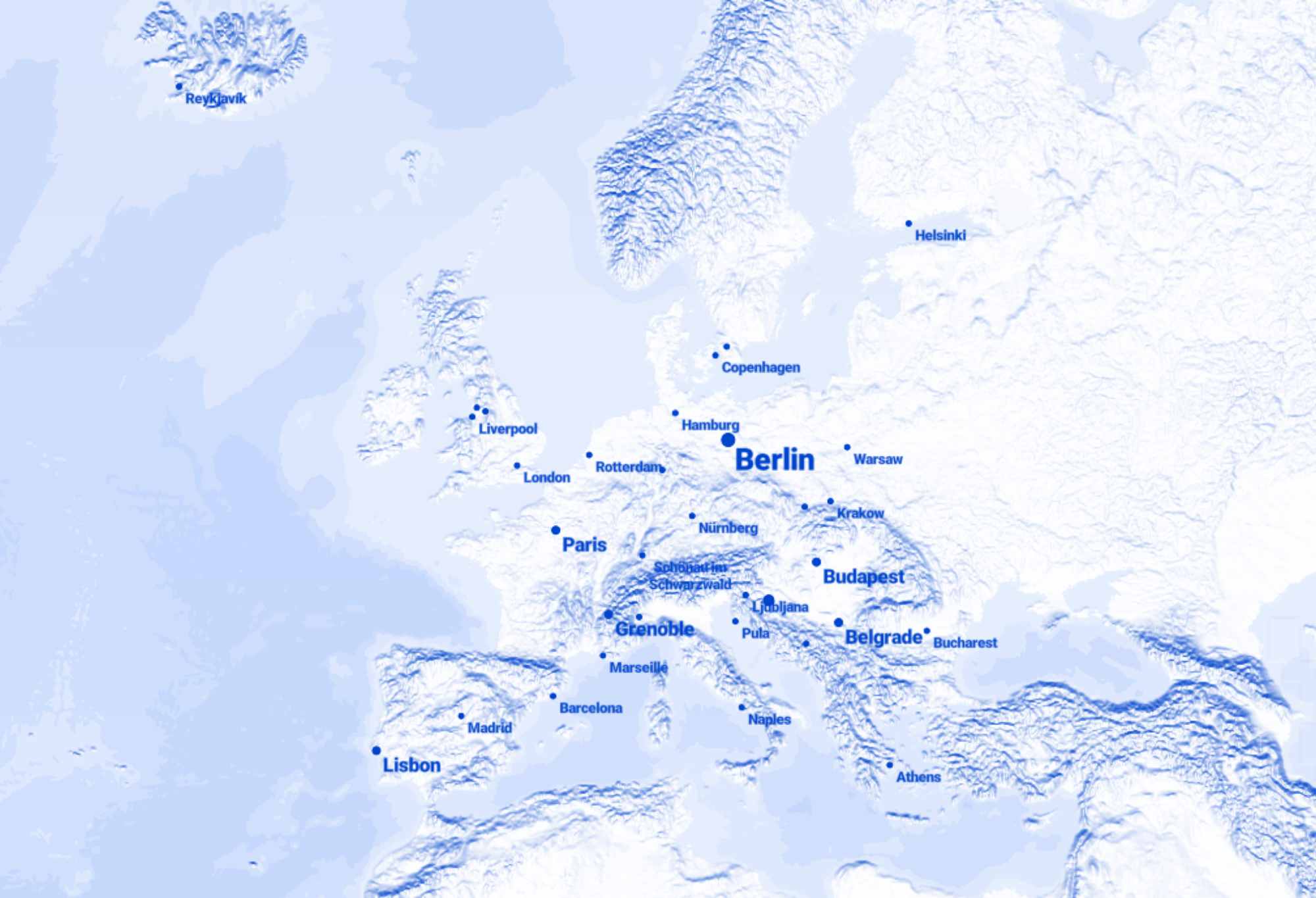Urban Alternatives is a mapping project that looks to understand and map those initiatives that are emerging from the many urban social movements that are claiming the right to the city, occupying urban space, demanding social justice, democratic participation, cultural spaces and economic transformations. Largely hidden from our collective consciousness, this distributed and emergent set of actions demonstrated that it is not only possible to think of alternatives to the neoliberal paradigm, but that these alternatives are already happening.
Our collaboration has two sets of goals:
- To create the greatest possible visibility of positive urban transformation, revealing common dimensions of an emerging urban movement. We want to document – and to prove – that change is possible;
- To create an ongoing process for developing common perspectives and understandings, supporting knowledge transfer between a diverse pool of actors, and providing opportunities for shared projects and common campaigns.
Brought into focus by the squares movement and the occupation of public space (from Tahrir to Puerta del Sol and Plaça de Catalunya, Taksim or Mong Kok), we’re witnessing a wave of initiatives ‘from below’ and ‘from the side’ that are looking to transform our urban environment. These initiatives – from the democratic remunicipalisation of energy production or the development of citizen policy-making mechanisms, through to the establishment of worker cooperatives to help meaningfully welcome refugees – all share a common thread. Not only do they pose a challenge to the increasing financialization of economy and commodification of urban space, they do so through putting faith in our own capacity to generate innovative projects, policies and prototypes that move us towards living our lives in common.
These urban transformations face many internal and external constraints. From unbalanced power relationships within municipalities to external financial, economical and ecological limits, these alternatives are emerging in hostile environments. Yet real structural change can only be the result of the permanent interaction between a range of actors playing different roles at different levels, cutting across different issues in shifting contexts. The potential for paradigmatic social change to emerge from within our towns and cities comes from our capacity to forge strong cooperation between social movements, citizen platforms and progressive city governments, whom together can find ways to challenge the constraints of these hostile environments.
Together we can build trans-local networks and collaborations that allow us to ‘scale-out’ our capacity to organise our democracies, economies and social reproduction beyond the dysfunctional structures of the nation state.
This project will map replicable initiatives (participation methods, refugee policies, housing projects, democratic remunicipalisations, alternative economic strategies, and so on) that contribute to the positive transformation of our cities. Whilst we hold shared values – such as a commitment to more egalitarian, feminist, low ecological impact, democratic and equitable societies – we are orientated towards learning where these values are already being realized in practice.
Through the initiative identified we hope to build a shared normative understanding and definition of what positive transformation looks like – not as a definitive answer, but as a pathway to guide common action.

Countries Involved
Europe
Duration of Project
April 2016 - 2020